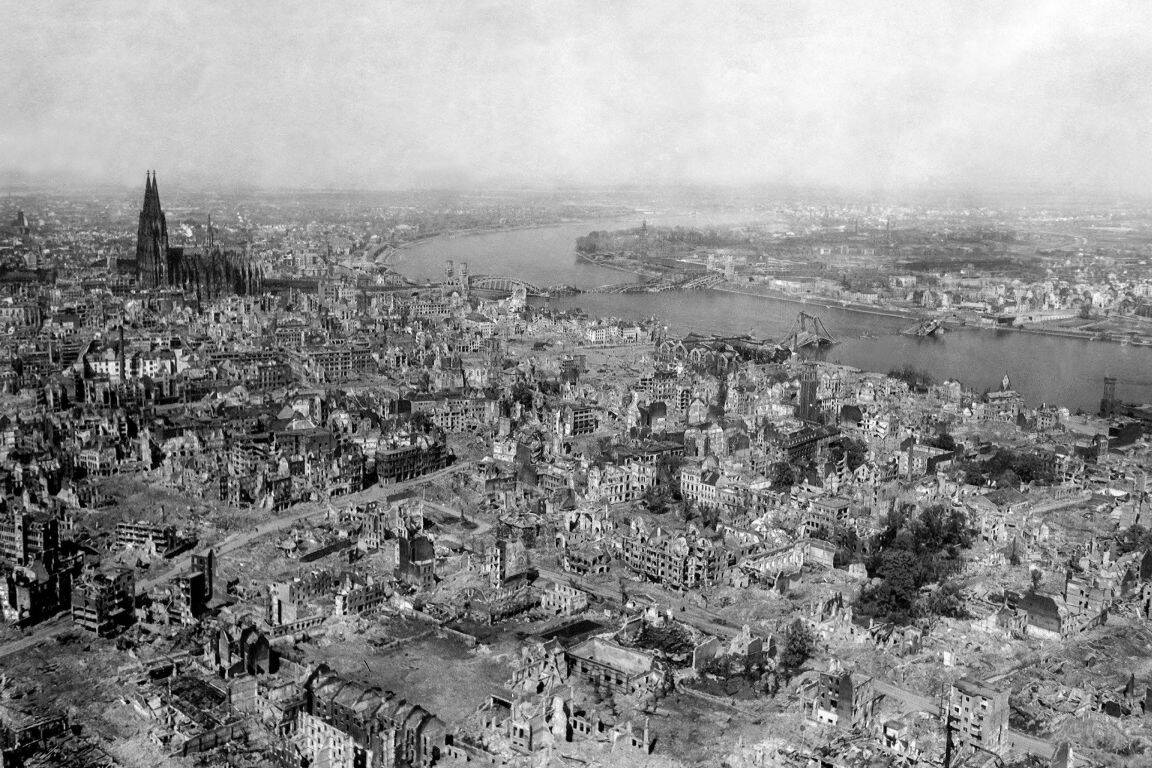What does the 8th of May – day of liberation mean?
May 8, 1945 is considered the day of the unconditional surrender of the German Wehrmacht and thus marked the end of the Second World War in Europe. In many countries, this so-called “Day of Liberation” is now commemorated every year, as this also marked the end of the National Socialists’ long rule in the German Reich. In some European countries, 8 May is already an official day of remembrance, so that a debate on the introduction of a public holiday has now also been initiated in Germany.
A view into history
After almost six years, the Second World War in Europe came to an end in 1945 when Colonel General Alfred Jodl signed the unconditional surrender of the German army at Allied headquarters in Reims, France, on 7 May 1945. This came into force the following day. General Field Marshal Wilhelm Keitel also signed this declaration on 9 May 1945 at the Soviet headquarters in Berlin-Karlshorst. However, the significance of the day differed for the various actors at the time: whereas May 8 was a day of victory over Nazi Germany for the Allies, for the Germans it was a day of defeat. But May 8th was a day of liberation above all for the prisoners and inmates in concentration camps, as well as for the inhabitants of European countries occupied by Germany.

A historic speech in the German Bundestag
Although 8 May is now a natural day of remembrance in the Federal Republic, this was not always the case. For a long time it was difficult to find the right way of remembering, as this day symbolised both defeat and liberation for the Germans. In his speech on May 8, 1985, the then Federal President Richard Weizsäcker brought the day into the public eye: “May 8 was a day of liberation. It liberated us all from the inhuman system of National Socialist tyranny,” said Weizsäcker. The rethinking from capitulation or defeat to liberation has thus become the tenor of German remembrance culture, at the latest since Weizsäcker’s speech.
If you are interested you can read the complete speech in English here.
May 8th today
Not only in Germany, but also in other countries, the anniversary of the end of the war is celebrated in Europe. For example, 8 May is a national holiday in France, the Czech Republic and Slovakia. Since then, the initiative of an Auschwitz survivor to make the “Day of Liberation” a public holiday in Germany as well has triggered a debate.
On the occasion of the 75th anniversary, May 8, 2020 is a public holiday only in Berlin, and some German politicians will also commemorate it in an act of state. Many Europeans can thus remember the “Day of Liberation” today and thus become part of a collective European memory.
0 responses on "An important day for Europeans - 75 years "Liberation Day""